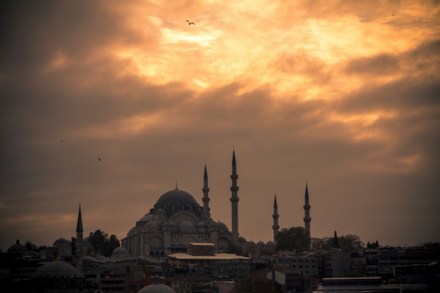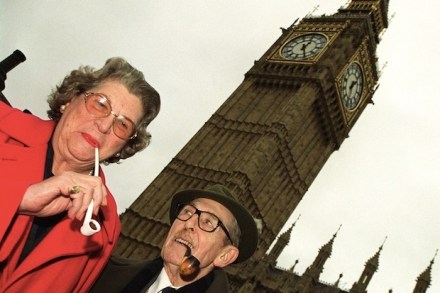A Colder War, by Charles Cumming – review
The title of Charles Cumming’s seventh novel is both a nod to the comfortable polarities of Cold War and also a reminder that our modern world is in some ways even chillier and less stable than the one it replaced. Once again, the central character is Thomas Kell, the MI6 agent who was trying to




















